Premium Only Content
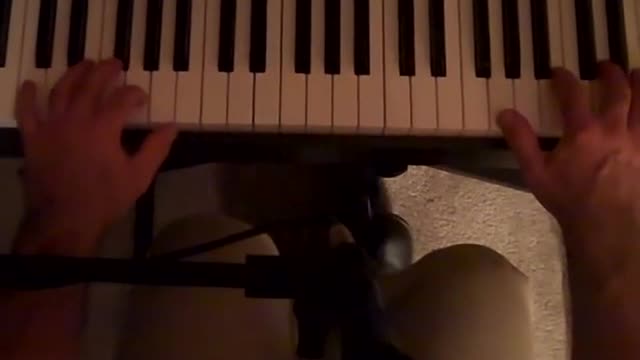
"The Way You Look Tonight" Tony Bennett version
"The Way You Look Tonight" Tony Bennett version
"The Way You Look Tonight"
Some day, when I'm awfully low,
When the world is cold,
I will feel a glow just thinking of you
And the way you look tonight.
Yes you're lovely, with your smile so warm
And your cheeks so soft,
There is nothing for me but to love you,
And the way you look tonight.
With each word your tenderness grows,
Tearing my fear apart
And that laugh that wrinkles your nose,
It touches my foolish heart.
Lovely, never, ever change.
Keep that breathless charm.
Won't you please arrange it?
Cause I love you
Just the way you look tonight.
Mm, mm, mm, mm,
Just the way you look tonight
Categories: 1930s jazz standards1936 songs1961 singlesSongs with lyrics by Dorothy FieldsSongs with music by Jerome KernFred Astaire songsThe Lettermen songsBing Crosby songsTony Bennett songsChad & Jeremy songsThe Coasters songsPerry Como songsDoris Day songsPeggy Lee songsFrank Sinatra songsAndy Williams songsNat King Cole songsOlivia Newton-John songsPhil Collins songsRod Stewart songsGuy Lombardo songsThe Jarmels songsBest Original Song Academy Award-winning songsPop standardsDebut singlesJazz compositions in E-flat major
To take advantage of the success of the song, pianist Teddy Wilson brought Billie Holiday into a studio ten weeks after the movie was released. Holiday was twenty-one when she recorded "The Way You Look Tonight" as a duet with Wilson in October 1936. Six years passed before the song appeared on the charts again, this time in a version by Benny Goodman with Peggy Lee on vocals and Mel Powell on celeste. The most popular and imitated version was recorded by Frank Sinatra with the Nelson Riddle orchestra in 1964. Versions were also recorded by Clifford Brown, Tina Brooks, Johnny Griffin (with John Coltrane), Charlie Parker, and Tony Bennett (with Thalía).[2]
Bing Crosby and his wife Dixie Lee recorded it as a duet on August 19, 1936.[5] The Lettermen found their first hit when their version reached No. 13 on the Billboard magazine Hot 100 singles chart in 1961 and No. 36 on the UK Singles Chart that same year.[1] Sonny Rollins and Thelonious Monk recorded it in 1954. Rod Stewart included it on the album Great American Songbook in 2002.[2]. Cuban-American singer Gloria Estefan included a cover of this song in her 2013 album "The Standards". Cassandra Wilson included the song in her 2015 album Coming Forth by Day
"The Way You Look Tonight" is a song from the film Swing Time that was performed by Fred Astaire and composed by Jerome Kern with lyrics written by Dorothy Fields. It won the Academy Award for Best Original Song in 1936.[1][2] Fields remarked, "The first time Jerry played that melody for me I went out and started to cry. The release absolutely killed me. I couldn't stop, it was so beautiful."[3]
In the movie, Astaire sang "The Way You Look Tonight" to Ginger Rogers while she was washing her hair in an adjacent room.[1] His recording reached the top of the charts in 1936. Other versions that year were by Guy Lombardo and by Teddy Wilson with Billie Holiday.[4] The song was featured in TV miniseries "Mildred Pierce" (2011)
Jazz standards are musical compositions that are widely known, performed and recorded by jazz artists as part of the genre's musical repertoire. This list includes compositions written in the 1930s that are considered standards by at least one major fake book publication or reference work. Some of the tunes listed were already well known standards by the 1940s, while others were popularized later. Where appropriate, the years when the most influential recordings of a song were made are indicated in the list.
Broadway theatre contributed some of the most popular standards of the 1930s, including George and Ira Gershwin's "Summertime" (1935), Richard Rodgers and Lorenz Hart's "My Funny Valentine" (1937) and Jerome Kern and Oscar Hammerstein II's "All the Things You Are" (1939). These songs still rank among the most recorded standards.[1] Johnny Green's "Body and Soul" was used in a Broadway show and became a hit after Coleman Hawkins's 1939 recording. It is the most recorded jazz standard of all time.[2]
In the 1930s, swing jazz emerged as a dominant form in American music. Duke Ellington and his band members composed numerous swing era hits that have become standards: "It Don't Mean a Thing (If It Ain't Got That Swing)" (1932), "Sophisticated Lady" (1933) and "Caravan" (1936), among others. Other influential bandleaders of this period were Benny Goodman, Louis Armstrong, Cab Calloway and Fletcher Henderson. Goodman's band became well-known from the radio show Let's Dance and in 1937 introduced a number of jazz standards to a wide audience in the first jazz concert performed in Carnegie Hall.[3]
Outline of jazzJazz (word)Jazz bandBig bandImprovisation JazzJam sessionScat singingSwing performanceJazz bassJazz drummingJazz guitarHorn in jazzJazz piano
-
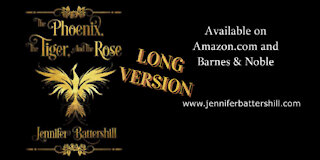 5:50
5:50
OrbSkyWatcher_Angels
4 years ago"The Phoenix, the Tiger, and the Rose" Book Trailer (Long Version, SPOILER Alert)
21 -
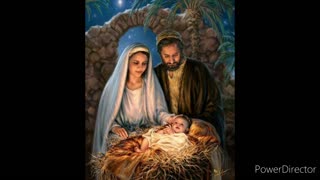 3:14
3:14
IKOH2020
4 years ago $0.03 earnedAmazing Version of Mary Did You Know?
200 -
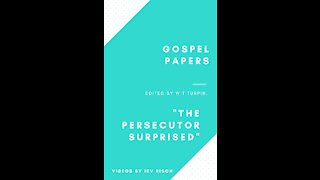 8:39
8:39
Christian Writings
4 years ago"The Persecutor Surprised"
458 -
 4:32
4:32
Christian Writings
4 years ago"The Storm-cloud Behind"
251 -
 9:35
9:35
Making Sense With Steve
4 years ago $0.04 earnedDismantling "The Patriarchy"
2421 -
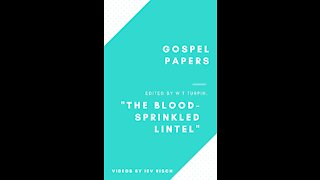 5:13
5:13
Christian Writings
4 years ago"The Blood sprinkled Lintel"
57 -
 0:10
0:10
HillyBilly
4 years agoWater Fall Bennett
1301 -
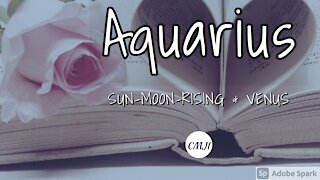 12:50
12:50
CMJI
4 years ago $0.01 earnedAQUARIUS "THE SOULMATE"
64 -
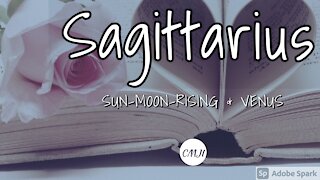 10:02
10:02
CMJI
4 years agoSAGITTARIUS "THE SOULMATE"
58 -
 11:34
11:34
CMJI
4 years agoTAURUS "THE SOULMATE"
1211